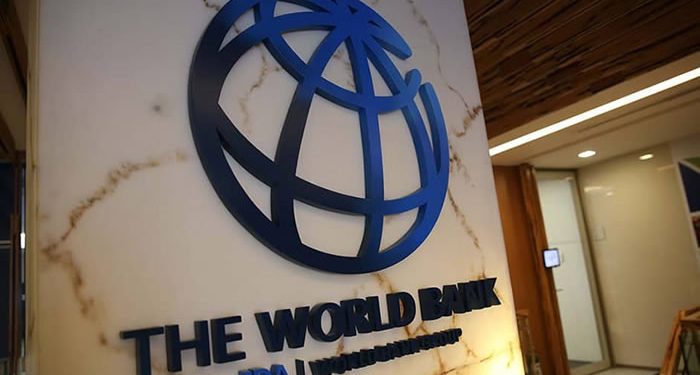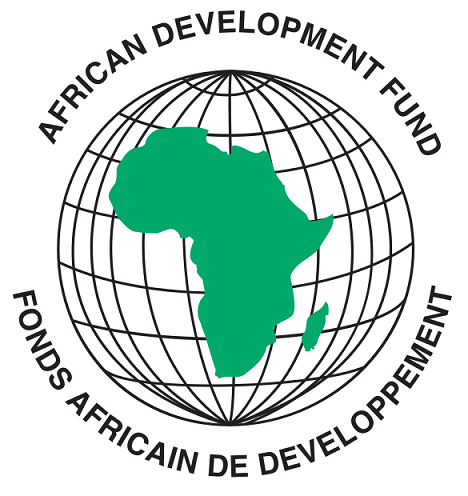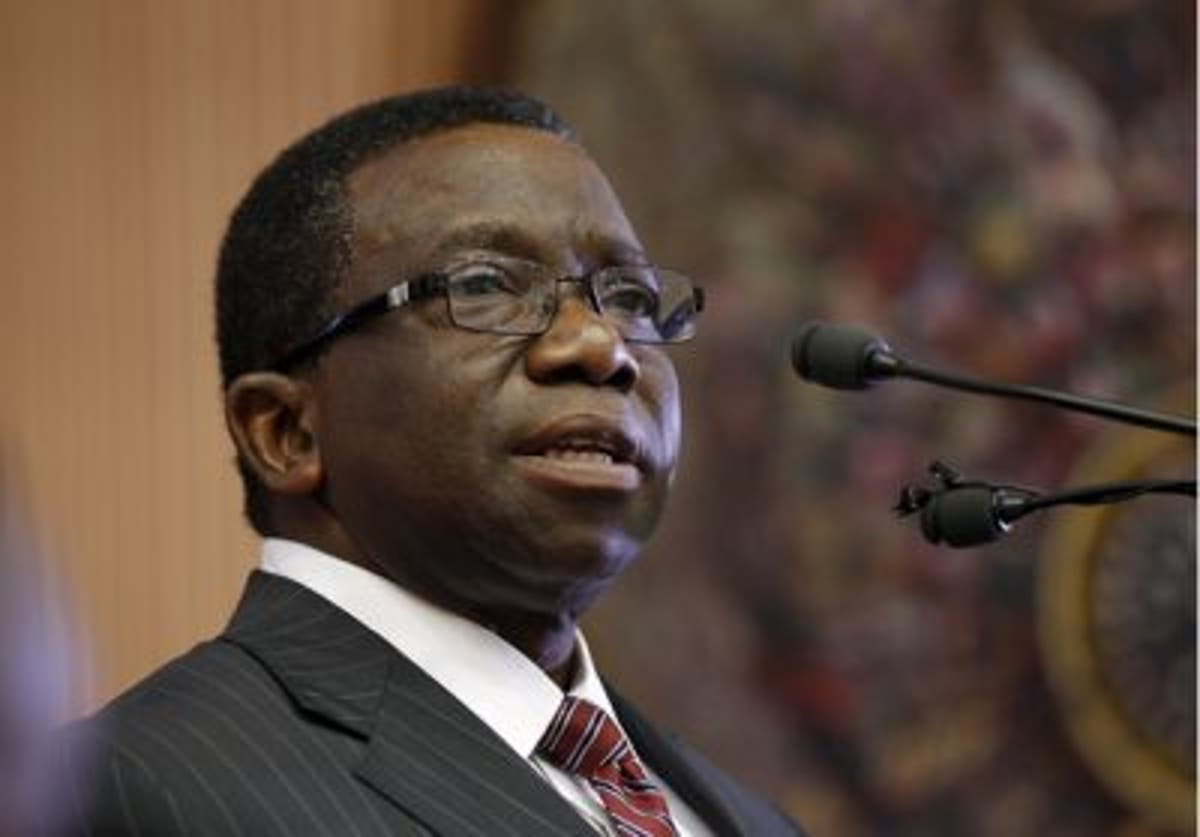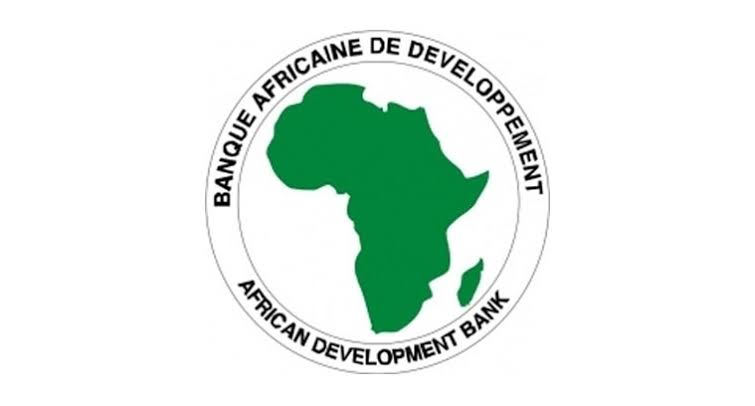The World Bank has cautioned that the Federal Government’s ambition to reduce inflation to single digits in the short term is unrealistic, warning that Nigeria remains among a handful of African countries still struggling with persistently high consumer prices.
In its latest Africa’s Pulse report released on Tuesday, the Bank projected that Nigeria, alongside Angola, Ethiopia, Ghana, Malawi, Sudan, Zambia, São Tomé and Príncipe, and Zimbabwe, will continue to record double-digit inflation through 2025. This comes despite a broad disinflation trend sweeping across Sub-Saharan Africa, where price growth is slowing to historic lows.
The biannual report, titled Pathways to Job Creation in Africa, revealed that the region’s median inflation rate declined from 9.3 per cent in 2022 to 4.5 per cent in 2024 and is expected to stabilise between 3.9 and 4.0 per cent in 2025–26. As a result, the number of countries with single-digit inflation has risen from 27 in 2022 to 37 by 2026. Nigeria, however, remains an outlier.
According to the World Bank, persistent structural challenges including currency depreciation, high food and energy prices, and supply bottlenecks, continue to drive price instability in Africa’s largest economy. This reality undercuts the Federal Government’s optimism that fiscal and monetary reforms, such as foreign exchange unification, fuel subsidy removal, and tighter monetary policy, will quickly deliver single-digit inflation.
Key officials, including the Minister of Finance and Coordinating Minister for the Economy and the Governor of the Central Bank of Nigeria, have repeatedly assured Nigerians that ongoing policy measures will bring inflation down in the near term. However, the World Bank’s assessment challenges this view, highlighting that inflation in Nigeria remains far above the regional median of under 4 per cent.
“Nigeria’s situation remains challenging because of exchange rate pass-through and structural supply bottlenecks,” said Andrew Dabalen, the World Bank’s Chief Economist for Africa. “Moreover, most currencies that were depreciating against the US dollar have now stabilised, but Nigeria still faces unique pressures.”
The report also warned that the region’s economic growth remains insufficient to generate enough decent jobs for its rapidly expanding labour force. External debt service, it noted, has more than doubled over the past decade, reaching two per cent of GDP in 2024, while the number of countries at high risk of debt distress has nearly tripled since 2014.
For Nigeria, high inflation continues to erode living standards and reduce real income growth, deepening the strain on households and businesses. For micro, small, and medium enterprises (MSMEs), rising costs of raw materials, energy, logistics, and credit have made operations increasingly difficult, limiting their capacity to expand, hire, and innovate.
The World Bank urged African governments to implement policies that lower the cost of doing business, strengthen institutions, and build human capital to attract private investment. It identified agribusiness, healthcare, housing, tourism, and mining as sectors with the greatest potential for job creation. Every job created in tourism, it noted, can spur up to 1.5 additional jobs in related sectors.
“Over the next 25 years, Sub-Saharan Africa’s working-age population will grow by more than 600 million,” Dabalen said. “The challenge is ensuring these people find better jobs in an environment of stability and opportunity.”
For Nigeria’s MSMEs, which form the backbone of the economy and employ the majority of the workforce, tackling inflation and structural constraints will be critical. Without addressing these issues, small businesses will continue to face shrinking profit margins and limited access to capital, undermining their ability to drive inclusive growth and create jobs in Africa’s largest economy.










